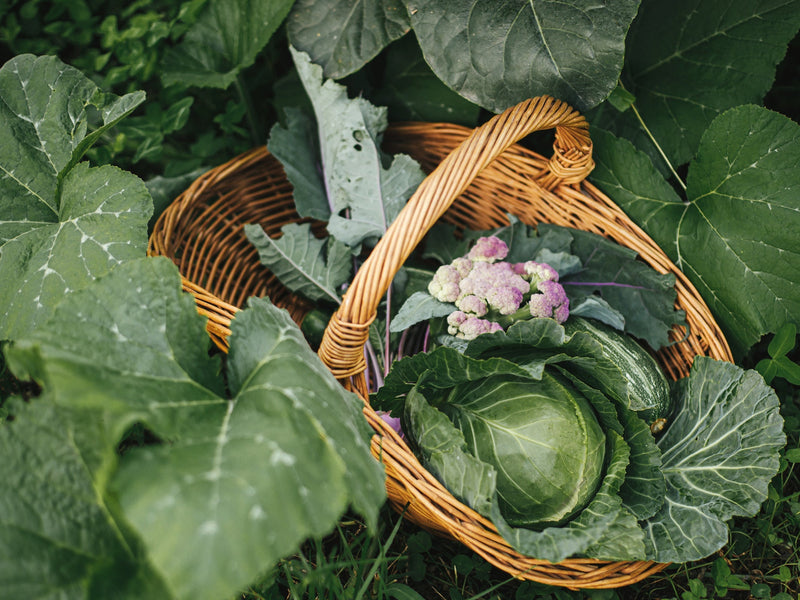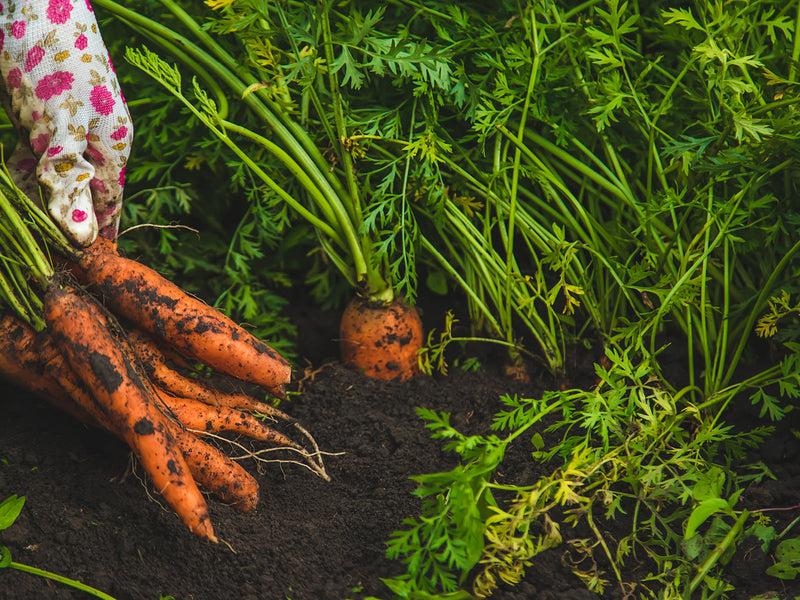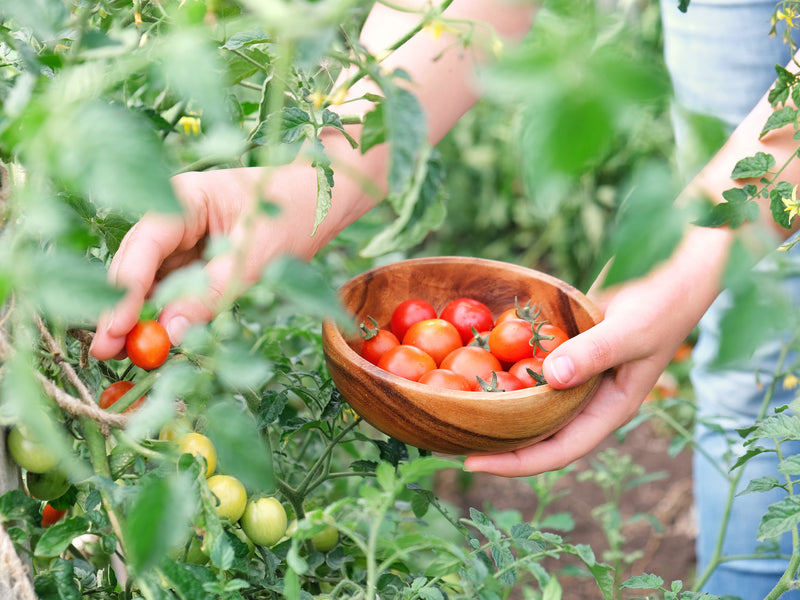I'm writing this on Earth Day, because it feels appropriate to shine a spotlight on earth's real super heroes, the pollinators. Pollinators come in different sizes, shapes and species like bats, butterflies, moths, small mammals, beetles, birds and of course bees. They move pollen grains from the anther (male part of a flower) to the stigma (female part) which starts the creation of seeds and fruits.

To understand the full scale of how vital pollinators are you should know that out of all flowering plants over 80% need the help of pollinators. In terms of how directly this affects you, it's estimated that one out of three bites of food you eat exists because of pollinators.
Why Pollinators Need Our Help
Pollinator numbers are declining and the cause is primarily due to human activities. Things like pesticides, pollution and expansion of urban developments are making a heavy impact on our pollinators. Lack of biodiversity due to farming mono-crops and destruction of native wildflowers are other factors.

How We Can Help
Pollinators need safe environments, free of pesticides with access to a biodiversity of flowering plants. Within your own garden space, you can create a safe haven for our pollinating friends.
Go Organic
Keep pesticides and toxic chemicals out of your outdoor space (if you have a lawn service, make sure they are not applying pesticides). This is better for pollinators and for your own health as well.
Plant Open-Pollinated Plant Varieties
Open-pollinated plants are any variety that require pollination and whose seeds will remain true to its parent plants. A hybrid plant is created by crossing two different species or varieties by human intervention. The seeds will not be true to its parent plant and some hybrids are sterile and do not offer any sustenance to pollinators. Though not all hybrids are sterile, it is definitely something to look out for.
Plant a Variety of Plants that Bloom at Different Times
Plant different varieties that bloom in the spring, summer and winter so there is always a good supply of food for pollinators throughout the year.
Include Plants that are Native to your Region
Native plants are adapted to survive in your local terrain and will attract more native pollinators to your garden. Find out what plants are local to your area HERE.
Create Habitat Spaces
Add a bee condo, a bat house or hummingbird birdhouse to your outdoor space to provide homes for pollinators. You can also add a birdbath or put out a sponge soaked in water mixed with a bit of sea salt to give your pollinators a much needed drink.

Attracting Pollinators to your Garden
There are a number of plants that bees, butteries, hummingbirds and other pollinators are attracted to. Plant some of these varieties to send the message out that your garden is the place to be!
Borage
Nasturtium
Lavender
Milkweed
Sunflowers
Anise Hyssop
Echinacea
Rosemary
Yarrow
Daisy
Lilac
I hope you are inspired to add some of these pollinator-friendly flowers to your garden. They will add beauty and life to your outdoor space and create a safe haven for our pollinator friends!















